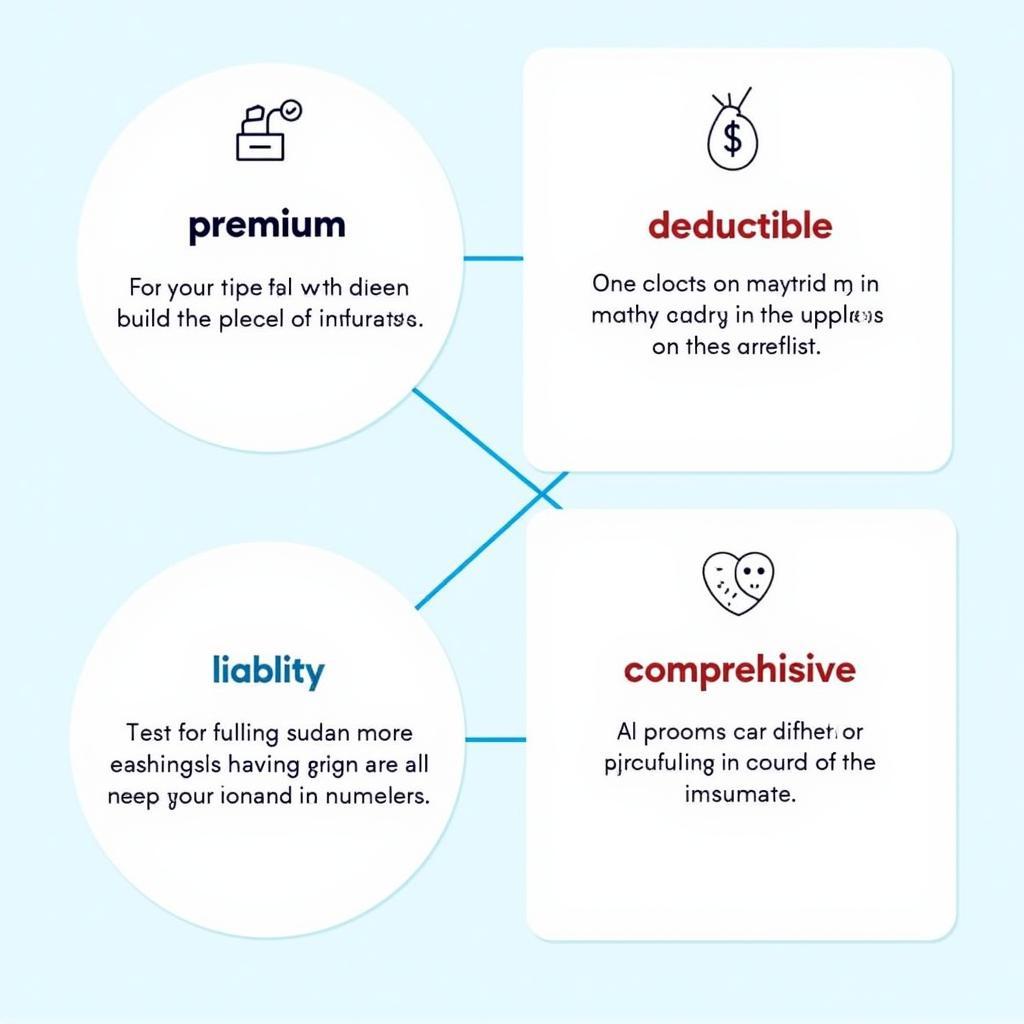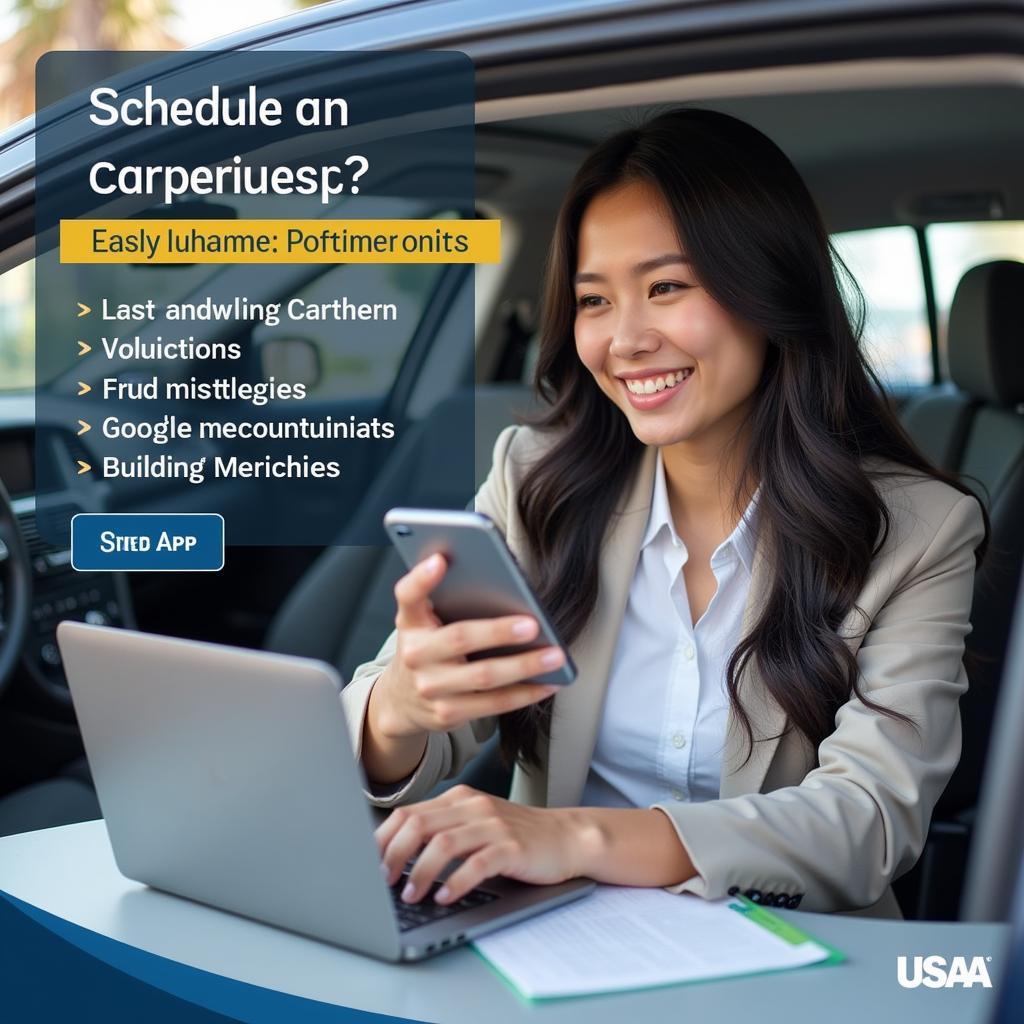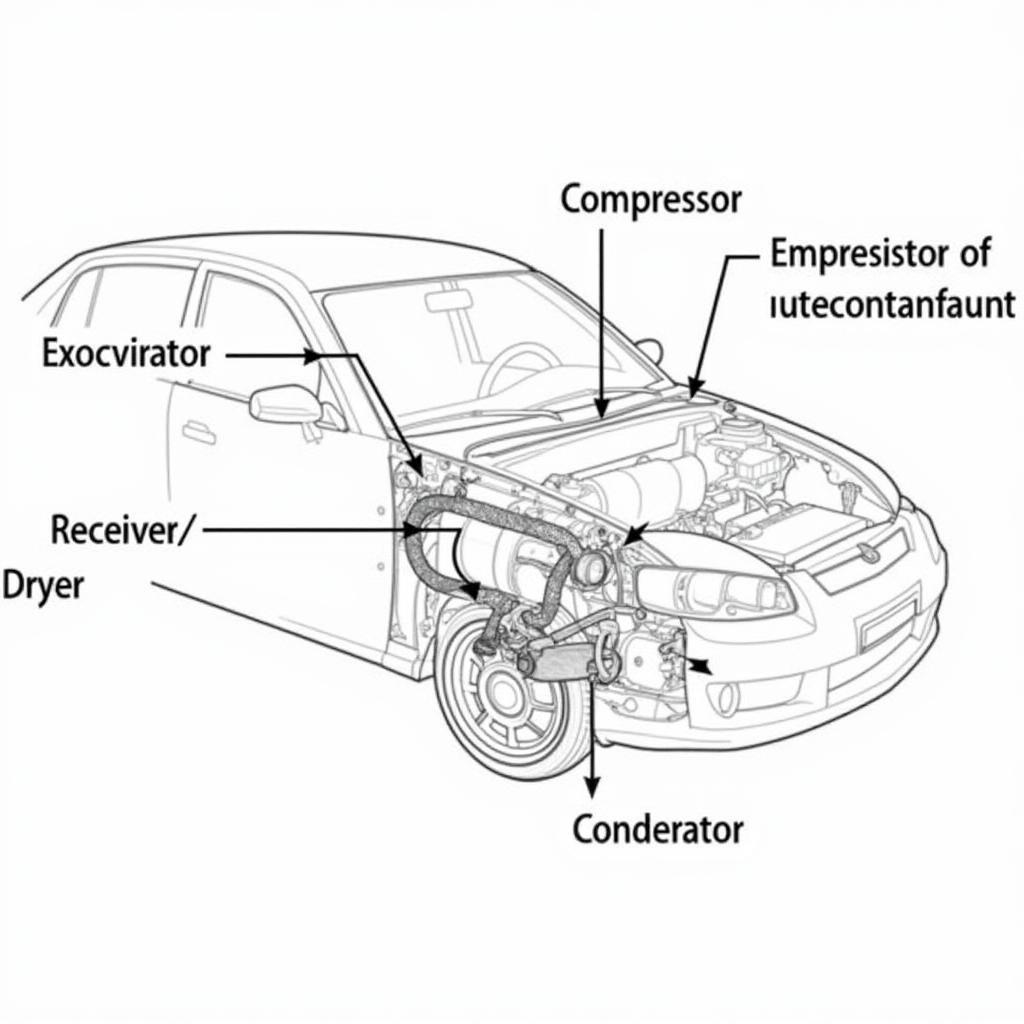Car Insurance Service IELTS Listening Answer: A Comprehensive Guide
Understanding car insurance conversations is essential for the IELTS Listening test, especially if you’re aiming for a high score. This guide provides a detailed breakdown of common scenarios, vocabulary, and tips to help you ace those tricky car insurance service questions.
Navigating Car Insurance Jargon
 Car Insurance Terminology
Car Insurance Terminology
Before diving into specific scenarios, let’s familiarize ourselves with common terms you might encounter:
- Premium: The amount you pay regularly for your insurance policy.
- Deductible: The amount you pay out-of-pocket for a claim before your insurance kicks in.
- Liability Coverage: Covers damages or injuries you cause to others in an accident.
- Collision Coverage: Covers damages to your own vehicle in case of an accident.
- Comprehensive Coverage: Covers damages to your car from non-collision incidents like theft, vandalism, or natural disasters.
- No-Claim Bonus: A discount on your premium for every year you don’t make a claim.
Typical Car Insurance Scenarios in IELTS Listening
You’ll likely encounter these situations in the IELTS Listening test:
- Getting a Quote: The speaker inquires about insurance options and receives a personalized quote based on their car and driving history.
- Filing a Claim: The speaker reports an accident or incident and provides details for processing a claim.
- Understanding Policy Details: The conversation revolves around specific aspects of the insurance policy, like coverage limits, deductibles, or exclusions.
- Making Changes to a Policy: The speaker wants to update their policy details, such as adding a driver, changing coverage options, or updating their address.
Keywords and Phrases to Watch Out For
The IELTS Listening test often uses specific language related to car insurance. Be prepared to hear and understand words and phrases like:
- Excess: Another term for ‘deductible.’
- Third Party: Refers to anyone involved in an accident who is not you or your passenger.
- Write-off: When a car is damaged beyond repair.
- Policyholder: The person who owns the insurance policy.
- Windscreen Cover: Specific coverage for damage to the car’s windshield.
Tips for Success
 IELTS Listening Test Practice
IELTS Listening Test Practice
- Practice Active Listening: Pay close attention to the details provided, especially numbers, dates, and names.
- Develop Note-Taking Skills: Use abbreviations, symbols, and keywords to jot down essential information quickly.
- Familiarize Yourself with Accents: The IELTS test features speakers from various English-speaking backgrounds. Practice listening to different accents.
- Focus on the Overall Meaning: Don’t panic if you miss a few words. Try to grasp the main points and context of the conversation.
- Use Practice Tests: Regularly taking practice IELTS Listening tests will help you become comfortable with the format and types of questions.
Conclusion
Mastering car insurance-related vocabulary and scenarios is key to performing well in the IELTS Listening test. By familiarizing yourself with the terminology, practicing active listening, and utilizing effective note-taking techniques, you’ll be well-equipped to confidently tackle any car insurance service questions that come your way.
FAQs
What if I don’t understand a particular accent in the IELTS Listening test?
Don’t worry! The context and keywords will help you understand the overall meaning. Keep listening actively and focus on the key details.
Can I ask the examiner to repeat a section in the IELTS Listening test?
Unfortunately, no. The recording is played only once. That’s why practicing active listening beforehand is crucial.
How can I improve my note-taking speed for the IELTS Listening test?
Use abbreviations, symbols, and focus on writing down keywords instead of complete sentences. Regular practice will significantly enhance your speed.
Need further assistance with your car diagnostic needs or have questions regarding car services? We’re here to help! Contact us via WhatsApp: +1(641)206-8880, or email us at [email protected]. Our dedicated team is available 24/7 to assist you.

